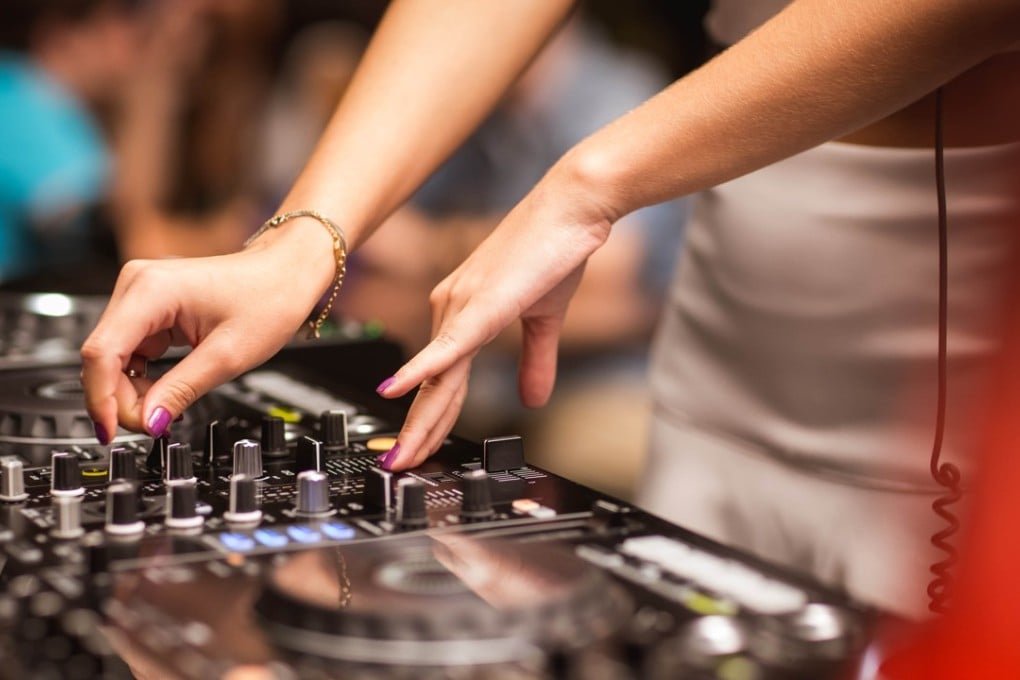How female DJs in Singapore fought sexist stereotyping to be judged on their sounds, not their looks
Once limited to sexy novelty acts, women DJs in Singapore have turned the tables and are headlining major events and drawing big crowds to nightclubs across the city and around the world. We talk to some of the Lion City’s best

Dance music bible Mixmag crowned Siberian-born Kraviz DJ of the year in 2017. The previous year, the title also went to a woman, American DJ The Black Madonna, who’ll be one of the headliners at this year Sónar Hong Kong electronic music festival.
Southeast Asia’s electronic scene is less developed than in the West, but more and more female DJs are making names for themselves, especially in Singapore. DJs such as Cats on Crack, DJ Reiki, DJ Red and EJ Missy are drawing crowds to niche and mainstream nightclubs across the island.
Music’s gender gap: why so few women make the US pop charts, whether as singers, songwriters or producers
And in Singapore, like everywhere else, female DJs have had to fight gender stereotypes to earn respect for their craft, not their looks.
When female DJs started receiving mainstream attention in Singapore in the early 2010s, marketing tended to focus on their attractiveness. DJs such as the model and performer Tenashar were seen as novelties and featured prominently, posing seductively in event advertisements.
Sónar 2018 festival line-up latest: Laurent Garnier, Mount Kimbie and The Black Madonna
But the situation has improved over the years, says veteran musician and DJ Ginette Chittick. She’s been a pioneer and role model for women in Singapore’s music scene since her days as part of the island’s first all-female punk band in the 1990s, when punk and alternative rock dominated.